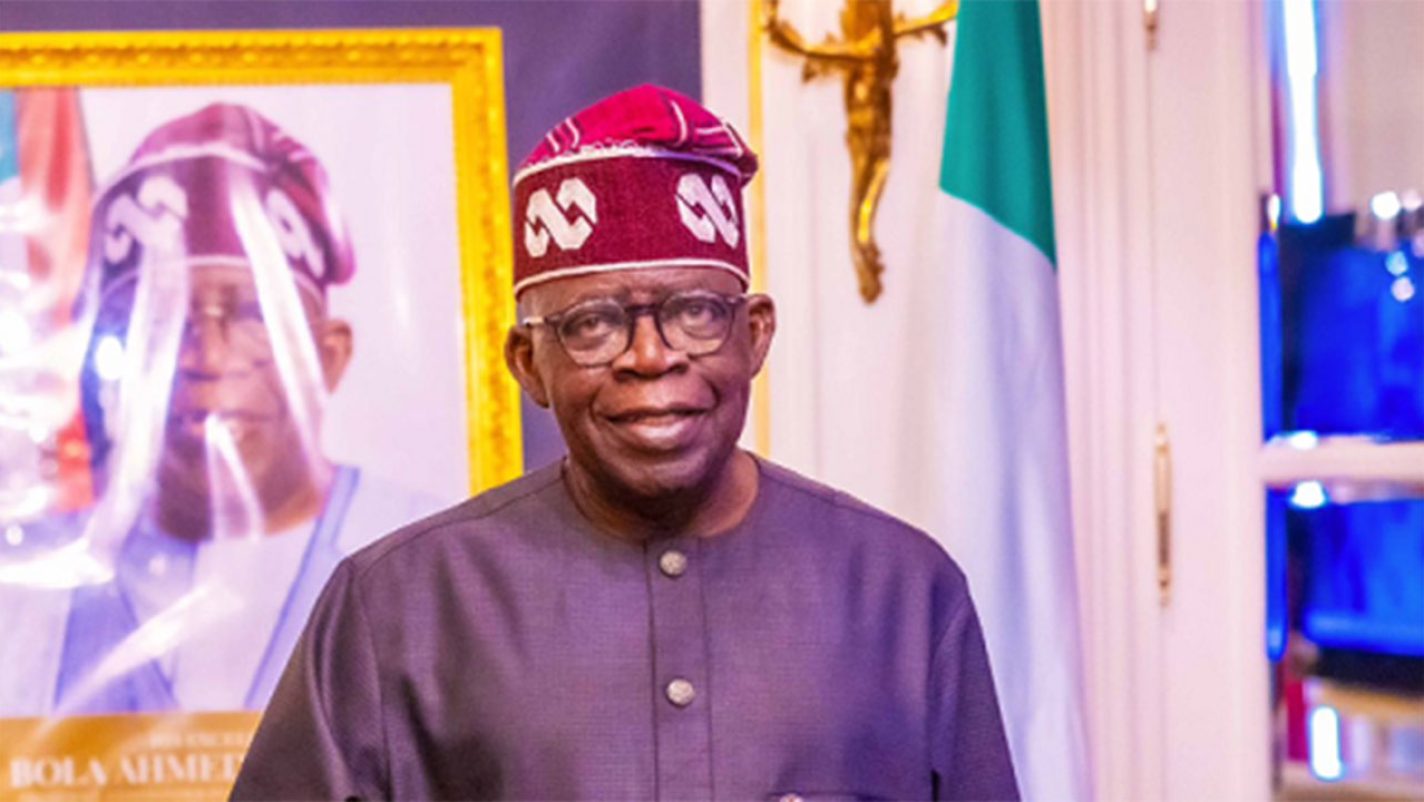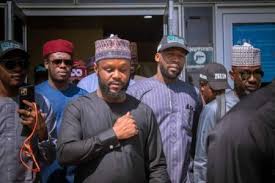With the Presidential Election Petition Court (PEPC) ruling in favour of President Bola Ahmed Tinubu who was declared winner of the February 25, 2023 presidential election by the Independent National Electoral Commission, INEC, the president can breath and take a break from legal distraction. He can now focus on the implementation of his much-touted Renewed Hope agenda aimed at fixing the country’s multidimensional problems.
But let us peep into the president’s 100 days in office to see whether he is on the right track to develop the country or not. To political observers,100 days of the Tinubu administration has brought untold sufferings to the millions of Nigerians due to his harsh policies. However, to be fair, Tinubu came at a time the country’s economy has nosedived. He inherited a broken economy. The immediate-past President Muhammadu Buhari administration had incurred trillions of naira foreign and domestic debts. The bad state of Nigeria’s economy forced the new government to explore ways to rescue the country from collapse.
In his inaugural speech on May 29, President Tinubu announced the removal of fuel subsidy which he said had robbed the country of trillions of naira. This caused panic in the petroleum industry. Oil marketers quickly adjusted the pump price of petrol, leading to spike in prices of goods and services beyond the reach of many Nigerians. Since the unceremonious removal of petrol subsidy, Nigerians have been grappling with high cost of living.
Thus, subsidy removal has pushed many Nigerians into poverty. Economic experts expected President Tinubu to have rolled out policies to mitigate adverse effects of the subsidy removal before making the pronouncement. No doubt, subsidy removal has inflicted hardship in the people due to spiral inflation. Therefore, Tinubu’s 100 days in office has created wrong impression about his Renewed Hope agenda.
The 100 days of Tinubu’s presidency witnessed the inauguration of 43 ministers, the largest since the return of democracy to the country in 1999. Although, President Tinubu restructured and created new ministries, the development received barrages of knocks from Nigerians. This is because of humongous resources required to maintain the new ministers amidst cash crush.
As a talent hunter, Nigerians had expected President Tinubu to shop for technocrats and form a lean cabinet. As governor of Lagos state from 1999 to 2007, Tinubu assembled technocrats who assisted him to transform the state. His exceptional performance in Lagos gave the impression that he will replicate the feats as Nigeria’s president.
Unfortunately, some of Tinubu’s ministers have fallen short of quality and character in the eyes of many Nigerians. Instead of nominating people of technocrats, he rewarded some ex-governors whose performances in their respective states leave much to be desired.
Tinubu’s liberalisation of forex rate or dollars unification is another policy that has caused untold difficulties among importers and Nigerian foreign students. Although, the previous multiple exchange rate was mired in corruption, Tinubu should have addressed the corruption bedeviled it instead of pursuing unification policy that continues to hit our local currencies hard.
Tinubu’s policies favour only the rich, as reported by “The Economist”. The news magazine recently reported that, under the Tinubu government, rich people are smiling to their banks, while majority of Nigerians are wallowing in abject poverty. With the chaotic economy and excruciating poverty in the country, Tinubu should quickly come up with a pragmatic approach to stabilise the economy. The suffering in the land is beyond dishing out palliatives, which will hardly reach the targeted population .
While 100 days is too early to assess the performance of any government, a Hausa adage says:”Juma’an da zatayi kyau tunda ga labara ake ganeta” (the sign of a good Friday begins to manifest on Wednesday). Tinubu may have inherited bad economy, insecurity and comatose education sector, but he has to be fundamentally transformative. In particular, the issue of poverty must be addressed urgently, as over 40% of the Nigeria’s population, mostly youth, live below poverty line.
This has led to Nigerians, leaving the country, commonly referred to as Japa, in search of green pastures. To address this, President Tinubu must focus on creating sustainable employment opportunities and investing in education. In addition, the government should fix our moribund refineries and encourage the operation of modular ones in order halt the importation of refined petroleum products. These measures would crash fuel prices, eliminate inflation and stabilise the economy.
Ibrahim Mustapha,
Pambegua, Kaduna state
08169056963.




